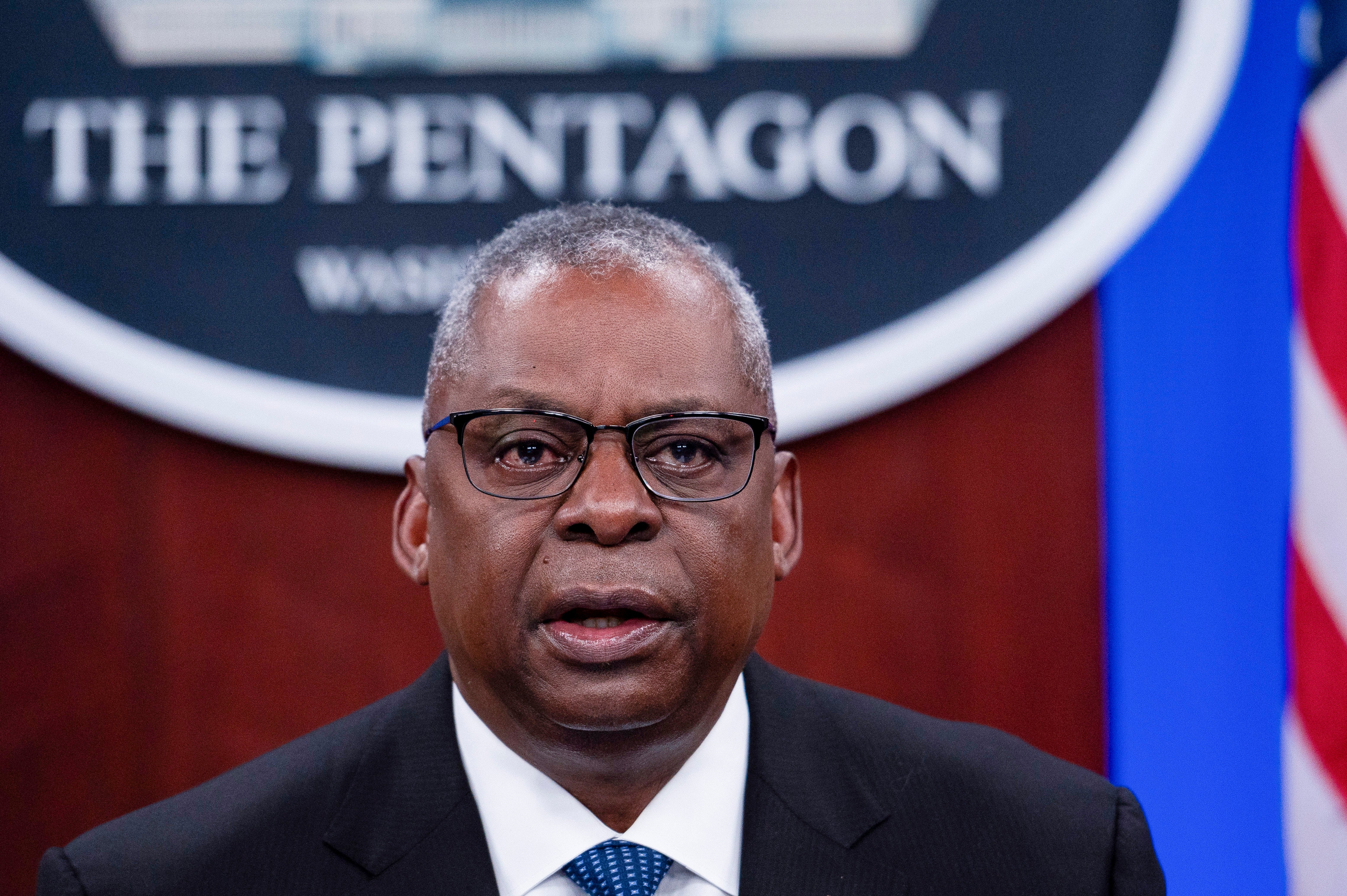Pentagon has ordered a US aircraft carrier to remain in the Mediterranean near Israel
US officials say Defense Secretary Lloyd Austin is ordering the USS Gerald R

Defense Secretary Lloyd Austin has ordered the USS Gerald R. Ford aircraft carrier and one other warship to remain in the Mediterranean Sea for several more weeks to maintain a two-carrier presence near Israel as its war with Hamas grinds on, U.S. officials said.
It would be the third time the Ford’s deployment has been extended, underscoring the continued concerns about volatility in the region during Israel’s war in Gaza. The U.S. has two aircraft carriers in the region, a rarity in recent years.
Multiple U.S. officials confirmed the longer deployments approved this week for the Ford and the USS Normandy cruiser on condition of anonymity because they have not yet been made public. Other ships in the Ford's strike group had already had their deployments extended.
The Pentagon ramped up its military presence in the region after Hamas' Oct. 7 attacks to to deter Iran from widening the war into a regional conflict. In the months since, Iranian-backed militants in Iraq and Syria have seized on the war to conduct regular attacks with rockets, drones and missiles on U.S. military installations there.